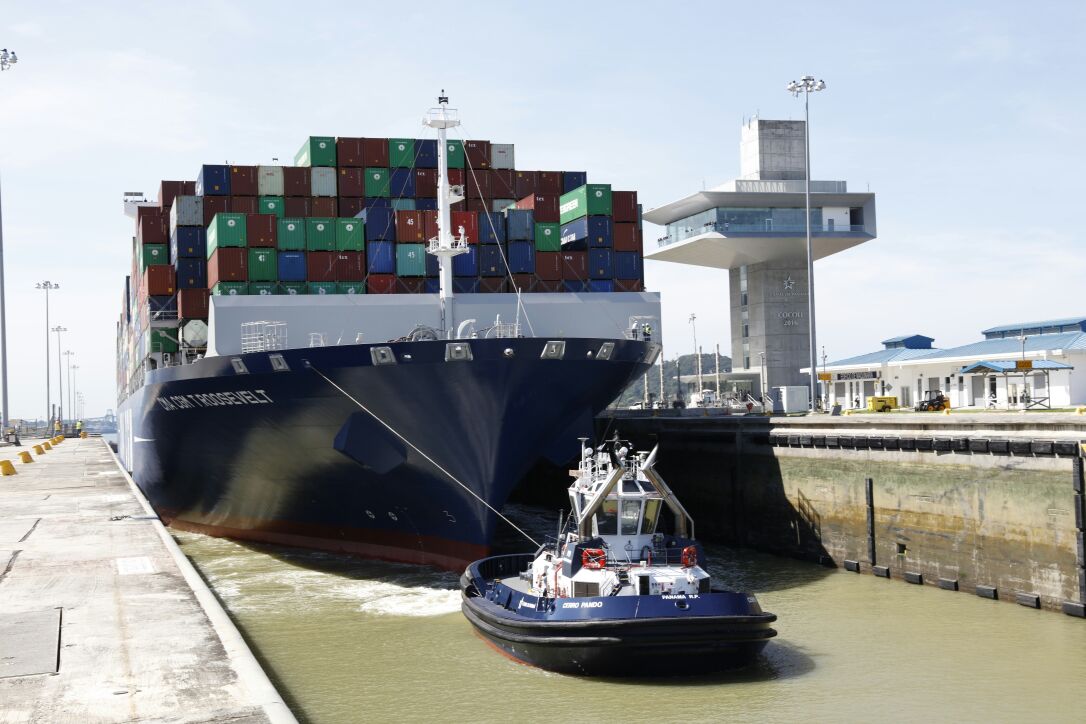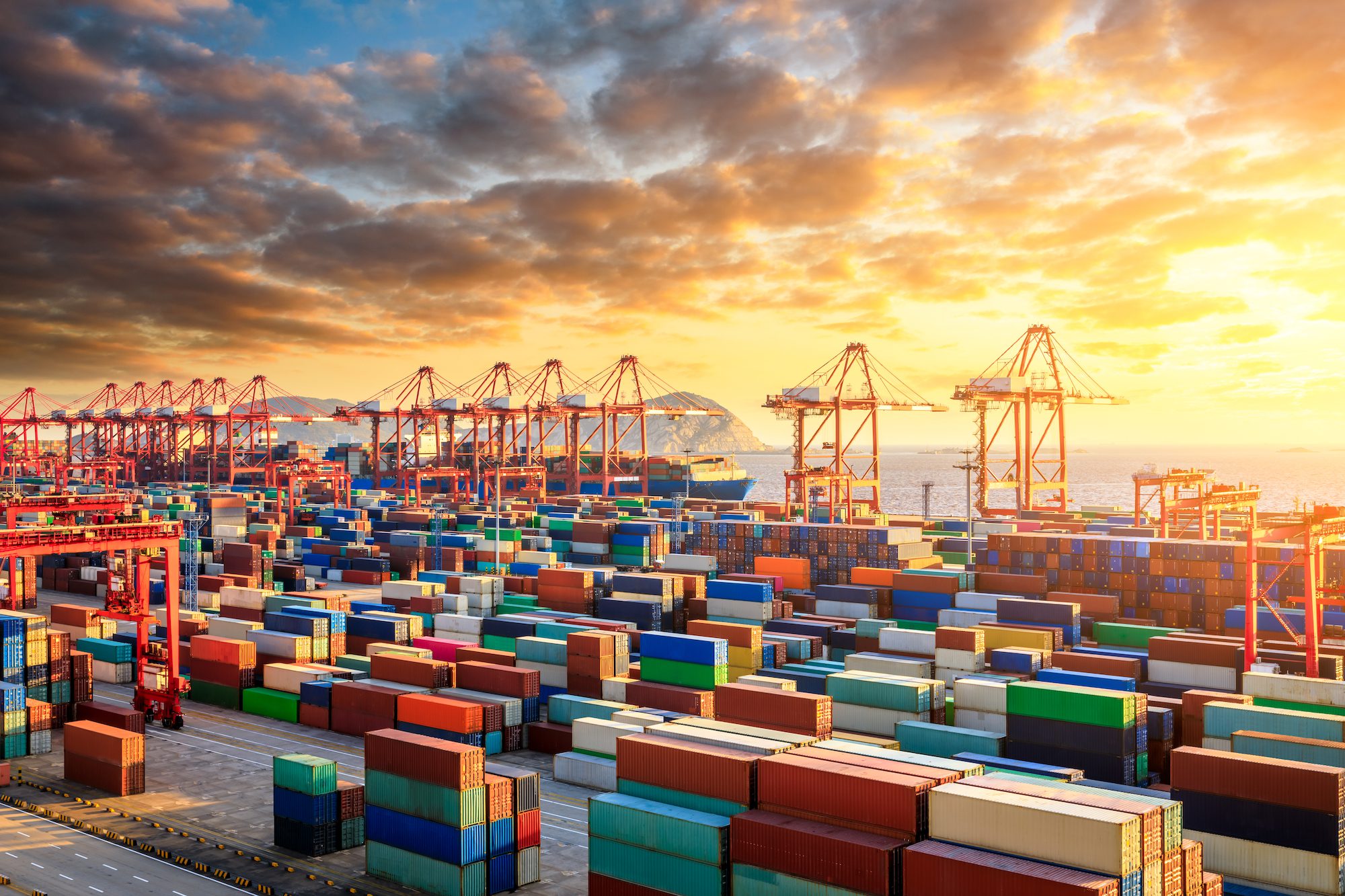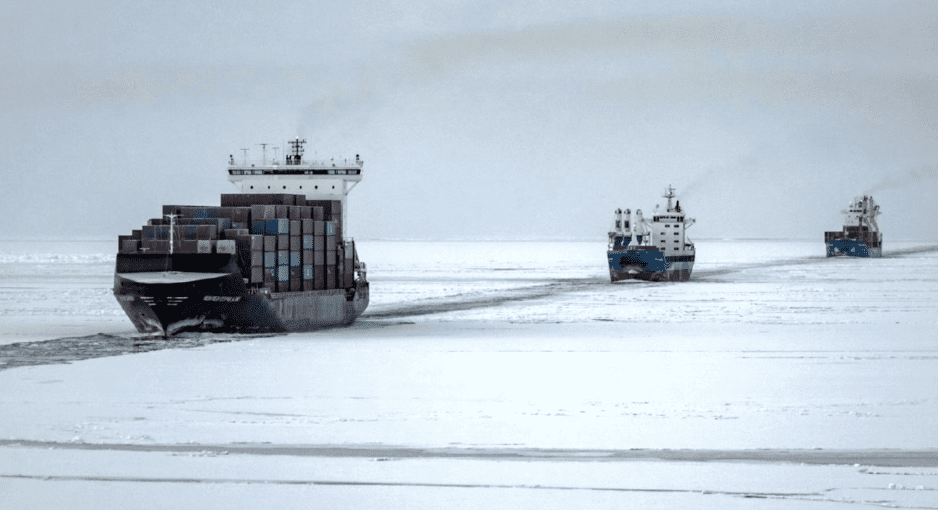Photo: Panama Canal Authority
Fatigue of Panama Canal tugboat poses a major threat to safety in the operation of the canal’s Neopanamax locks, according to a new independent study released today by the International Transport Workers’ Federation.
The ITF even warns that a major accident in the Panama Canal’s new locks could be imminent, highlighting the serious health and safety concerns related to the fatigue of tugboat captains.
The ITF, and affiliate Union de Capitanes y Oficiales de Cubierta (UCOC), representing tugboat captains in the Panama Canal, have been locked in a prolonged and often heated battle with the Panama Canal Authority (ACP) over minimum safe manning, access to training and equipment, and hazardous working conditions on tugboats in the new Neopanamax locks since the inauguration of new locks in June 2016.
The study, titled Fatigue among Panama Canal tugboat captains, was commissioned by the ITF following numerous failed attempts to engage the the Panama Canal Authority in talks to reach solutions on the issue of overworked captains. It was written by Dr. Barry Strauch and Dr. Isabel Gonzales, experts in human error, accident causation and occupational medicine.
“This independent study confirms what the UCOC, and the ITF, have consistently said to the Panama Canal Authority: that the significant reduction in manning, compounded by the excessive overtime being required of tugboat captains, are jeopardising the safety of workers, including Panamanian citizens, and risk exposing them to a potential environmental disaster,” said Stephen Cotton, ITF general secretary.
The Panama Canal is an economic engine for Panama, so much so that its uninterrupted operation is actually required under Panamanian law. The Panama Canal Authority (ACP) is the autonomous agency of the Panamanian Government responsible for the canal’s management and operation.
Panama Canal Tugboats
Unlike the Panama Canal’s older locks, the Neopanamax locks require two tugboats, instead of “mules”, to navigate ships through the locks.
“Tugboats play a key role in the transit of large vessels with hazardous cargo through the narrow and complex waterways of the Panama Canal, and the potential for a catastrophic incident mounts with the increase in a tugboat captain’s fatigue,” said Cotton.
“Fatigue, anxiety and health-associated risks are exposing the tugboat captains to unnecessary hazards, while also endangering other seafarers transiting the canal. There is also increased risk to vessels passing through the locks and the canal’s own facilities. This situation needs the full attention of the shipping community, before disaster strikes,” he added.
ITF inland navigation chair, Yuri Sukhorukov, has called on the ACP to open dialogue to resolve the issues.
“Once again, we invite the ACP to sit down with the ITF and UCOC to agree a path forward to improve the safety of transit operations and working conditions of tugboat captains.
“As the report found, ACP’s failure to address previous fatigue-related incidents, like the tugboat collision in 2017, its lack of cooperation with international authorities investigating the incident, and its lack of adherence to agreements governing hours of work and oversight of tugboat captains’ health, manifest a safety culture that increases rather than reduces the risk of accidents,” said Sukhorukov.
Dave Heindel, ITF seafarers section chair, also said that ACP cannot ignore these serious health and safety risks.
“If the ACP continues to refuse to discuss solutions and continues its attempts to delegitimise the union and ignore and refute these serious health and safety concerns, then any casualties or loss of life from a disaster in the locks will be on their conscience,” said Heindel.
Related: ITF: The Panama Canal “Adrift” Due to Safety Concerns

 Join The Club
Join The Club











